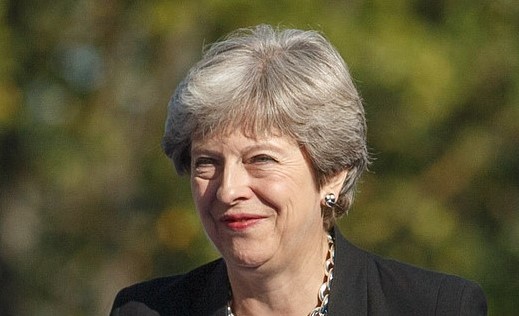Negotiations for Britain’s orderly exit from the European Union hit yet another big stumbling block. Once again, the divide is over Northern Ireland.
It’s the main sticking point ahead of next week’s EU summit – described by many as Brexit’s “moment of truth”.
As reported by the Reuters news agency, the chief EU negotiator, Michel Barnier, warned that both sides must be prepared for a disastrous no-deal Brexit with severe economic consequences.
“Brexit has no added value. None,” he told business leaders at a speech in the EU parliament in Brussels.
“It’s a negative negotiation. It’s a lose-lose game and the result will be important, not just for future relations with the United Kingdom, but for the future of Europe.”
According to Reuters, Barnier’s speech dramatically illustrated the size of the challenge by underlining that the EU will insist administrative and customs controls be installed between Northern Ireland and the British mainland.
“Both the EU and the UK exclude having a physical border on the island of Ireland, therefore what will arrive into Northern Ireland will also be arriving in our single market,” Barnier said. “There will be administrative procedures that do not exist today for goods travelling to Northern Ireland from the rest of the UK.”
The Agence France-Presse (AFP) noted that Barnier was attacked by Boris Johnson, the former British foreign secretary widely seen as angling for British Prime Minister Theresa May’s job as leader of the Conservative Party.
“This is an important moment. Clearly Number 10 are negotiating a ‘backstop’ that makes the UK a permanent EU colony,” he tweeted, warning that Brussels would control British trade policy indefinitely.
What’s at stake?
The DUP, the Northern Irish unionist party that props up Theresa May’s government, could vote against this month’s UK budget if the prime minister breaches the party’s red lines over Brexit at an EU summit, the BBC and Sky News reported on October 10.
May relies on the support of the Democratic Unionist Party on major votes after she lost her governing Conservative Party’s majority at an election last year.
Budget votes have traditionally been seen as votes of confidence, but asked whether that was the case, May’s spokesman said: “The answer to that factually is no” and cited legislation which sets out the conditions for calling an election.
And all this, just six months before the UK is set to leave the EU.

